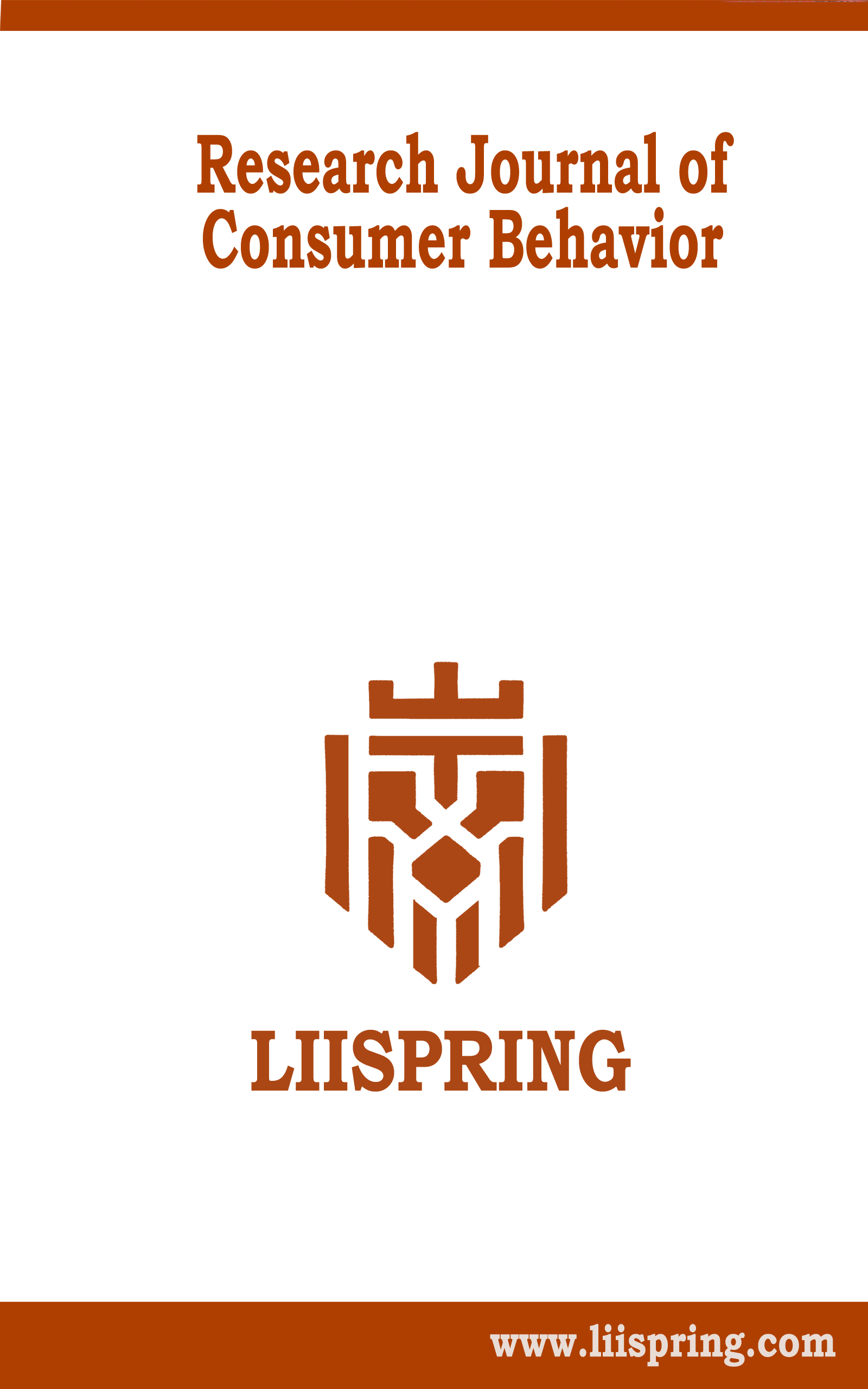-
About
The research journal of consumer behaviour has a foundation in the social sciences. It has a diverse and multidisciplinary outlook which seeks to showcase innovative, alternative and contested representations of consumer behaviour alongside the latest developments in established traditions of consumer research.
The Journal of Consumer Behaviour aims to promote the understanding of consumer behaviour, consumer research and consumption through the publication of double-blind peer-reviewed, top quality theoretical and empirical research. The scope of the Journal includes: ? Consumer sciences and their applications, ? Consumer Psychology, ? Consumer Behaviour, ? Consumer Education, ? Marketing Research and Consumers, Topics covered by the Journal include, but not limited to: ? Consumer protection: empowerment and entitlement, safety, standards, economic security; ? Consumer behaviour: goods and services, business and marketing practices, retailing, all from the consumer perspective; ? The consumer ecosystem: globalisation, sustainability, technology, ethical consumption, gender issues, citizenship; ? Consumer Psychology: Buyer behavior, Purchase Intention, Theoretical Foundations and Practical Implications ? Family and household studies: quality of life, food and nutrition, textiles and clothing, shelter, health and well-being. ? Information Technology and Consumers : E-commerce, digital marketing, Application of IT in different industries
Editorial Policy
Most journals operate under the guidance of an editorial board, providing expert advice on content, attracting new authors and encouraging submissions. The Editorial Board, or (Editorial) Advisory Board, is a team of experts in the journals field. Editorial board members:
* Review submitted manuscripts.
* Advise on journals pospancy and scope.
* Identify journals for innovative social, scientific, economic & business problem based research and academic model, which they may guest edit.
* Attract new authors and submissions.
* Promote and present the academic journals to the scholars and academician, authors, institutions and peers etc.
* Assist the editor(s) in decision making over issues such as plagiarism claims and submissions where reviewers can’t agree on a decision.
Open Access Policy
This journal provides immediate open access to its content on the principle that making research freely available to the public supports a greater global exchange of knowledge.
Submission Preparation Checklist
As part of the submission process, authors are required to check off their submission's compliance with all of the following items, and submissions may be returned to authors that do not adhere to these guidelines.
* The submission has not been previously published, nor is it before another journal for consideration (or an explanation has been provided in Comments to the Editor).
* The submission file is in OpenOffice, Microsoft Word, RTF, or WordPerfect document file format.
* Where available, URLs for the references have been provided.
* The text is single-spaced; uses a 12-point font; employs italics, rather than underlining (except with URL addresses); and all illustrations, figures, and tables are placed within the text at the appropriate points, rather than at the end.
* The text adheres to the stylistic and bibliographic requirements outlined in the Author Guidelines, which is found in About the Journal.
* If submitting to a peer-reviewed section of the journal, the instructions in Ensuring a Blind Review have been followed.
Copyright Notice
Authors who publish with this journal agree to the following terms:
Authors retain copyright and grant the journal right of first publication with the work simultaneously licensed under a Creative Commons Attribution License that allows others to share the work with an acknowledgement of the work's authorship and initial publication in this journal.
Authors are able to enter into separate, additional contractual arrangements for the non-exclusive distribution of the journal's published version of the work (e.g., post it to an institutional repository or publish it in a book), with an acknowledgement of its initial publication in this journal.
Authors are permitted and encouraged to post their work online (e.g., in institutional repositories or on their website) prior to and during the submission process, as it can lead to productive exchanges, as well as earlier and greater citation of published work (See The Effect of Open Access).
Research journal of Consumer Behavior
Front Page
